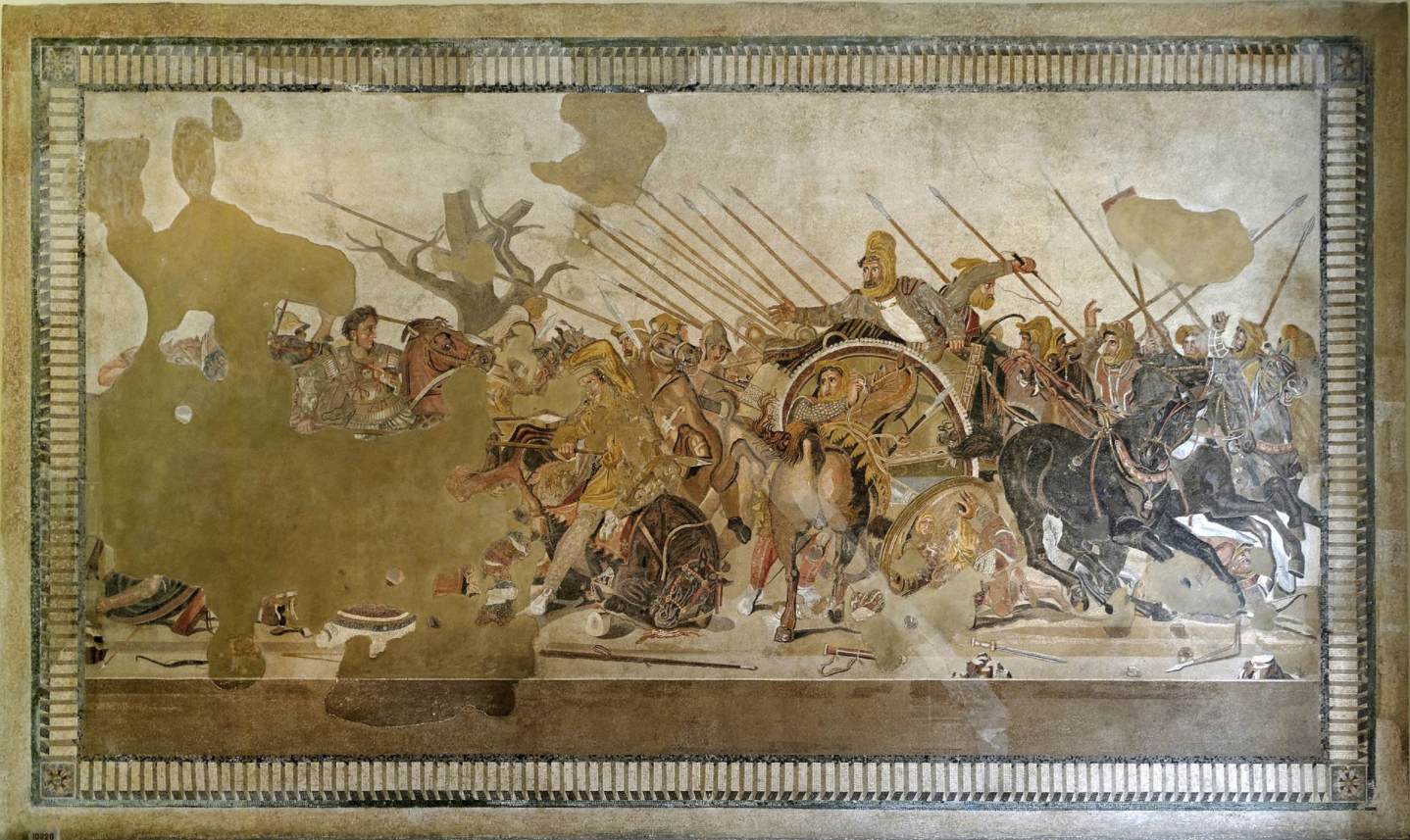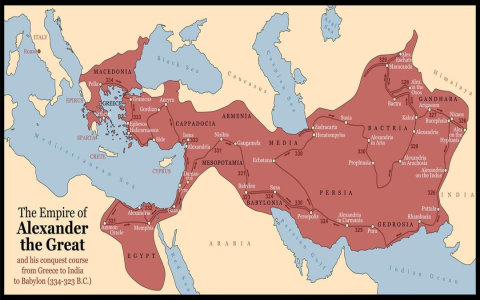You know, when folks talk about Alexander the Great, they often forget that all we know comes from a few old writings. I reckon the main ones we got are from five people. These are Arrian, Plutarch, Diodorus Siculus, Quintus Curtius Rufus, and Justin. That’s where most of the stories about him come from. But we also got something called the Metz Epitome, which is an old Latin text that tells about his trips from Hyrcania all the way to India. So, if you’re lookin’ for primary sources about Alexander the Great, these are the names you should remember.

Now, take Arrian, for example. He wrote something called the Anabasis Alexandri, which means “The Campaigns of Alexander.” Arrian’s work is one of the best sources ‘cause he used older accounts that are now lost. His book gives a good view of what Alexander did during his military campaigns. He even wrote about the Indica, which talks about Alexander’s travels in India. Arrian wasn’t there, but he used the works of others who were closer to the events.
Then we have Plutarch. His work is part of something called the Parallel Lives. He wrote about a bunch of famous people, but his bit on Alexander is one of the most important. It’s not all about wars and battles, though. He gives more personal details, like stories about Alexander’s character and behavior. If you’re trying to understand who Alexander was as a person, Plutarch is where you go.
Diodorus Siculus, on the other hand, wrote in his Bibliotheca Historica. His account is a little different because he wrote about the history of the world, not just Alexander. But he included a good chunk on Alexander’s life, especially his conquests. Some say his work isn’t as reliable as Arrian’s, but it’s still a key source.
Then, there’s Quintus Curtius Rufus. His work, Historiae Alexandri Magni, focuses more on the drama and excitement of Alexander’s life. You’ll find a lot of action-packed stories in there, but maybe not everything happened exactly as he wrote it. Still, it’s one of the main accounts we have.
And lastly, there’s Justin, who summarized the work of another guy named Trogus. Justin’s book, Historiae Philippicae, is shorter than the others, but it’s still important ‘cause it gives a quick overview of Alexander’s life and his dad, Philip II.
All these writings together help us piece together Alexander’s story. Each one tells it a bit differently, but that’s just how history works. Some folks focus more on the battles, some on the personal stuff, and others on the politics. But without these sources, we wouldn’t know much about what Alexander the Great did.
If you’re digging around for primary sources about Alexander, you should also know about the Metz Epitome. It’s an anonymous text, so we don’t even know who wrote it. But it gives more details about Alexander’s campaigns in the east. So, that’s worth a look if you’re into that kind of thing.
To wrap it up, finding information about Alexander the Great means looking at these ancient writers. They might not always agree on every detail, but together they paint a picture of one of the most famous leaders in history. From Arrian to Justin, each one gives us something different, so it’s worth checking them all out if you really want to know about Alexander’s life and times.
Tags: [Alexander the Great, primary sources, Arrian, Plutarch, Diodorus Siculus, Quintus Curtius Rufus, Justin, Metz Epitome]

























